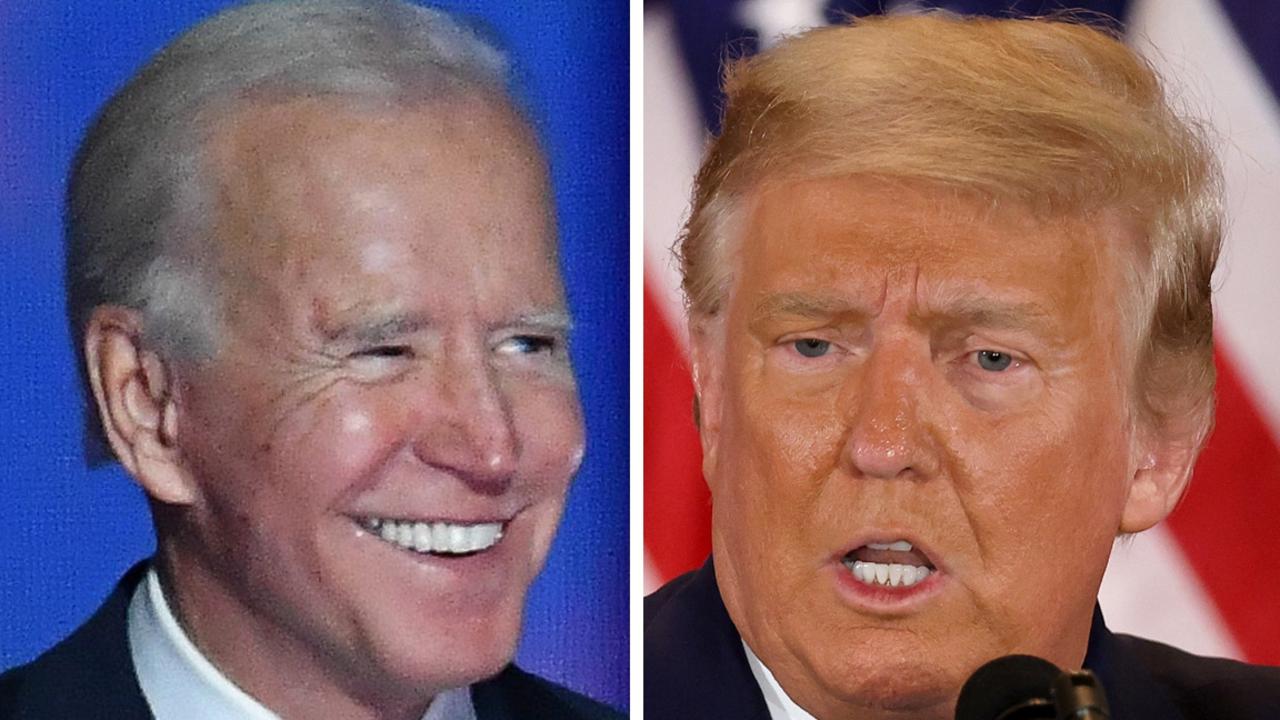UK Home Secretary Suella Braverman used her personal email address seven times to process official documents, an internal Home Office investigation has revealed.
Bravermanunder increasing pressure over security breaches that led to her resignation under the short-lived Liz Truss government, apologized for her actions on Monday.
Later, she is due to answer questions from MPs about the crisis at the shelter’s processing center in Munston, Kent, which is severely overcrowded and recording outbreaks.
Two Whitehall officials confirmed media reports that Braverman had blocked accommodation at a hotel for asylum seekers in the Munston center – a move that could reduce the number of migrants there.
British Prime Minister Rishi Sunak last week re-appointed Braverman as Home Secretary.
Braverman was forced to resign on October 19 after it emerged that she had used her personal email that day to send a draft of the government’s immigration policy document to Sir John Hayes, a Conservative MP and close ally. The information was potentially market sensitive.
In a letter to Dame Diana Johnson, chair of the House of Commons home affairs committee, Braverman admitted that using her personal IT for official business was a breach of the ministerial code, in part because it breached government security guidelines.
Braverman, who was first appointed Home Secretary by Truss on September 6, also revealed she used her personal email to handle official documents on October 19 and six more times before her resignation.
“The Home Office has carried out a review of my use of personal email. . . review. . . I have determined that between September 6 and October 19, I sent official documents six times from my government email to my personal email address,” she wrote in a letter to Johnson.
Braverman added that the six cases involved briefings for ministerial meetings and media interviews, but the information was not sent outside the government.
The Home Secretary has set out a timeline of events that led to her resignation on October 19, raising doubts about what she said in her resignation letter to the Trust.
In that letter, Braverman told Truss that as soon as she realized her mistake in sending a government immigration document to an MP, she “quickly reported it through official channels” and informed Cabinet Secretary Simon Case.
In her letter to Johnson, Braverman said she emailed Hayes a draft of a written ministerial statement on immigration at 7:25 a.m. She also said she accidentally emailed the same document to parliamentary assistant Andrew Percy, another Tory MP.
Braverman said she realized she had made a mistake at 10 a.m. But Case’s office wasn’t alerted until sometime around noon, and Braverman met with the cabinet secretary at 2 p.m.
Braverman said she asked Percy’s assistant to delete the letter. Percy, a former local government minister, wrote a highly critical email to Braverman, saying: “Simply asking my team to delete this email and ignore it is not an acceptable response to what appears to be a potentially serious a serious security breach.”
In her letter to Johnson, Braverman wrote, “I apologize for the errors of judgment set forth above, and I reiterated my apologies to Mr. Percy yesterday.”
She added that she was trained by security experts to handle sensitive information.
Meanwhile, Whitehall insiders said Braverman opposed the use of hotels to reduce the number of migrants at the Munston processing center while she was home secretary in the Truss government.
Around 4,000 migrants are being held at the site, which was designed as a short-term processing center for no more than 1,600 people, in conditions that David Neill, chief inspector of the Border and Immigration Services, described as “deplorable” last week.
One official said: “[Braverman] was warned and warned and warned for weeks that this would be problematic. But she did not want to release asylum seekers immediately into the community.”
Another government insider said Grant Shapps, who briefly replaced Braverman as interior secretary, reversed the policy and booked several hotels as an “emergency” solution to overcrowding in Munston.
One former cabinet minister warned that Braverman’s position was becoming “increasingly shaky”.
A spokesman for Braverman did not immediately respond to a request for comment.
This article is first published on Source link


